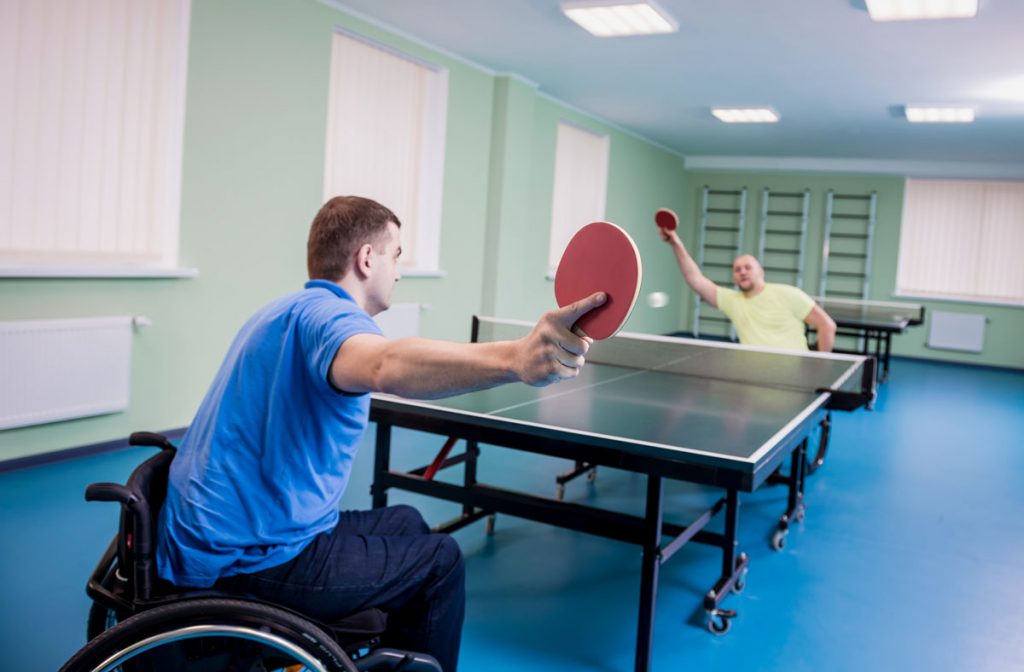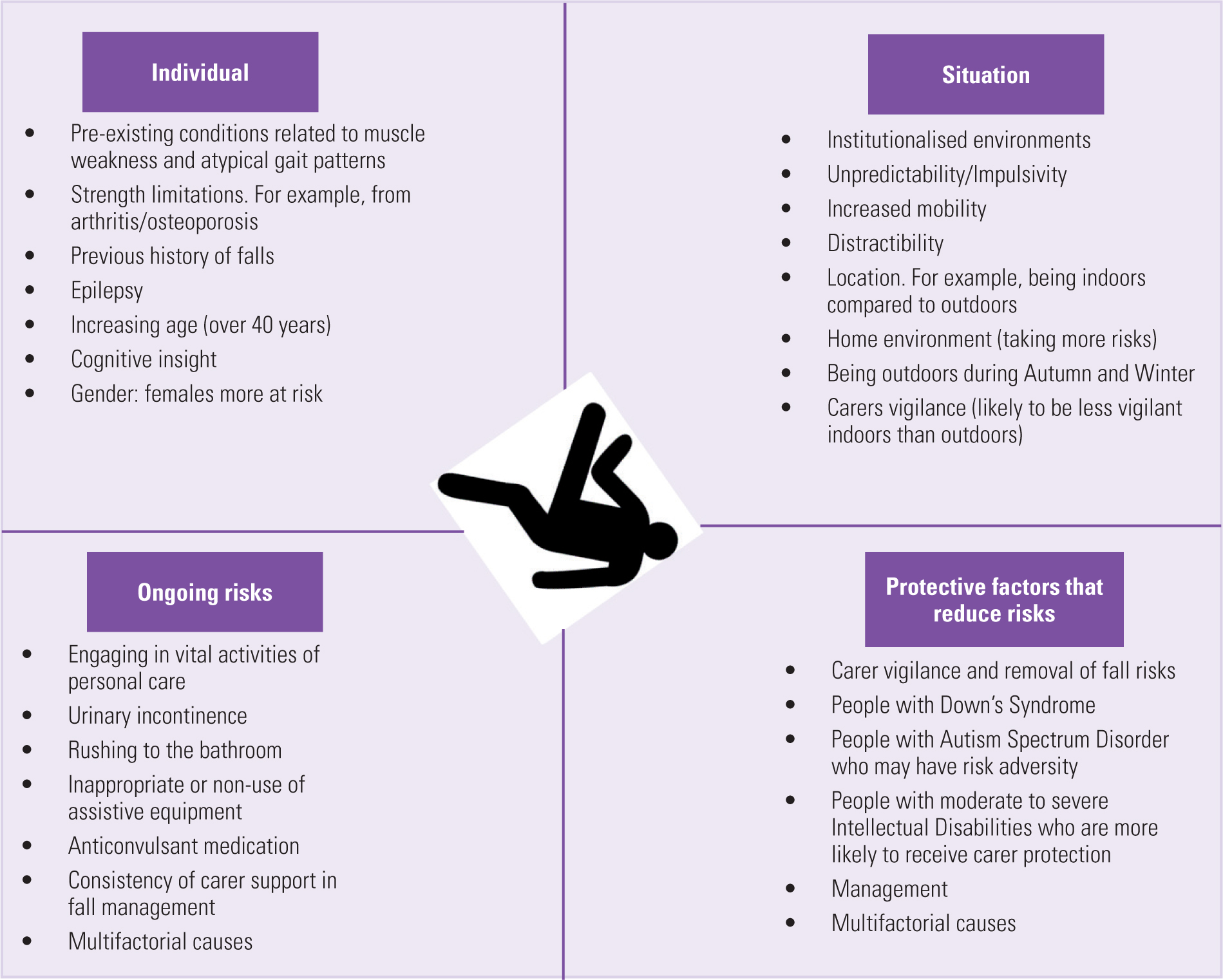Dementia Fall Risk - Questions
Table of ContentsThe Best Strategy To Use For Dementia Fall RiskGetting My Dementia Fall Risk To WorkThe Single Strategy To Use For Dementia Fall RiskA Biased View of Dementia Fall RiskLittle Known Questions About Dementia Fall Risk.
You could be worried since you've had an autumn before or since you've observed you're starting to feel unsteady on your feet. You might have discovered changes to your health, or just feel like you're decreasing a little. Whatever the reason, it isn't uncommon to come to be careful and shed self-confidence, and this can stop you doing the important things you made use of to do and make you feel much more separated.If you have actually had an autumn or you have actually begun to feel unsteady, tell your doctor even if you feel great otherwise. Your medical professional can examine your equilibrium and the method you walk to see if renovations can be made. They might have the ability to refer you for a drops danger assessment or to the drops prevention service.
This info can be obtained with meetings with the person, their caregivers, and a review of their medical documents. Begin by asking the specific regarding their background of drops, consisting of the regularity and circumstances of any type of recent drops. Dementia Fall Risk. Inquire regarding any kind of mobility issues they might experience, such as unsteady or difficulty walking
Conduct a detailed review of the individual's medicines, paying certain interest to those known to increase the threat of drops, such as sedatives or drugs that reduced high blood pressure. Identify if they are taking several medications or if there have been current changes in their drug regimen. Examine the person's home environment for prospective dangers that could increase the danger of falls, such as poor illumination, loose carpets, or absence of grab bars in the washroom.
Rumored Buzz on Dementia Fall Risk
Guide the individual through the autumn danger evaluation kind, describing each concern and recording their feedbacks properly. Determine the overall threat score based on the responses provided in the evaluation type.
This plan might include exercise programs to enhance strength and balance, drug modifications, home modifications, and recommendations to other specialists as required. Consistently monitor the person's progress and reassess their threat of drops as needed. Customize the care plan based upon changes in their health standing or home atmosphere. Offer continuous education and support to advertise safety and lower the risk of falls in their everyday living tasks.
Numerous studies have revealed that physical treatment can assist to lower the danger of dropping in grownups ages 65 and older. In a brand-new study (that took a look at drops threat in ladies ages 80 and older), researchers computed the financial effect of choosing physical treatment to avoid drops, and they found that doing so saves $2,144, consisting of all the surprise prices of your time, discomfort, missed life occasions, and the dollars paid for solutions.
Dementia Fall Risk Can Be Fun For Everyone
Inspecting your heart rate and blood pressure dimensions at rest and while you change settings (from resting or existing to standing). A straightforward test of your reasoning (cognitive) capacities. Examining your equilibrium, stamina, and walking ability. An easy vision test. Analyzing your feet and footwear. A home security assessment. Based on the evaluation results, your physical therapist will certainly develop a strategy that is tailored to your particular demands.
Older grownups who have more difficulty walking and speaking at the same time are at a higher danger of falling. Dementia Fall Risk. To help raise your safety during day-to-day tasks, your physical specialist might make a training program that will certainly test you to preserve standing and walking while you do one more job. Instances include walking or standing while counting backwards, having a conversation, or bring a bag of groceries
Establish objectives for boosting their physical task. Exercise a lot more to increase their stamina and balance. These programs usually are led by volunteer trainers.
Not known Factual Statements About Dementia Fall Risk

Measles, or rubeola, is an extremely transmittable, severe viral infectious illness triggered by the measles infection. Some people think about measles as simply a rash and fever that gets rid of up in a couple of days; however, measles can trigger significant health issues, specifically in youngsters younger than 5-years-old. The finest security versus measles is the measles, mumps, and rubella (MMR) injection.
Loss are an usual root cause of injury among older grownups. According to the CDC, in one year alone, fall-related injuries contributed to over $50 billion in medical expenses (Dementia Fall Risk). In health center setups, older grownups are at especially high danger of drops since their minimized mobility from being confined to a space or bed.
Dementia Fall Risk Can Be Fun For Everyone

She has a medical history of seizure problem and hypertension. She is receiving an IV mixture and taking Gabapentin and Lasix. She has no background of falls, her gait is constant, and she nullifies with no concerns. The previous nurse states that she asks for support to the bathroom when she requires to go.
Examples of usual autumn interventions/measures consist of: Ensuring an individual's necessary products are within reach. Placing the patient's bed rails up with the alarm system on. Assisting a person while they're rising from bed. Past understanding just how to use the Johns Hopkins Loss Risk Analysis Tool, it is very important that facilities include its use right into a more thorough autumn avoidance plan.
Comments on “The Definitive Guide for Dementia Fall Risk”